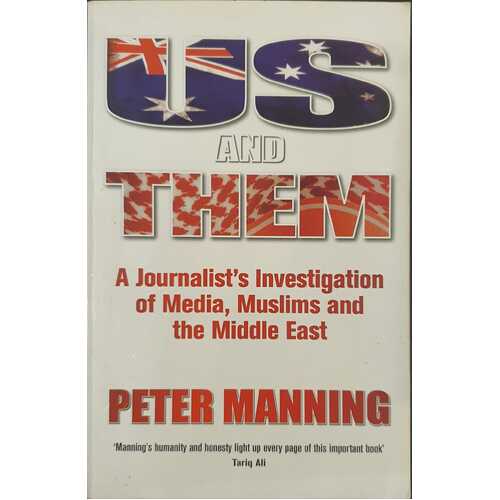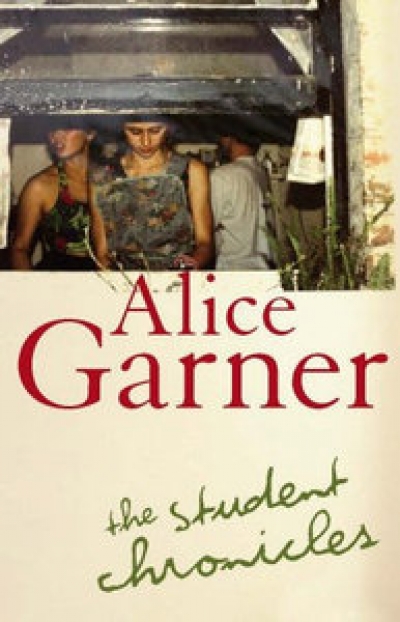Memoir
‘Welcome to the Netherlands!’ the sign says in Dutch and English. The Schipol customs official inspects my Australian passport. ‘Nederlands geboren,’ he sniffs. ‘Zo je komt terug.’ So you’ve come back, he adds, in a tone suggesting that I might have left something behind minutes ago, rather ...
Michael Gurr was Victorian Premier Steve Bracks’s first senior speechwriter. I am his latest. Gurr worked for Victorian Treasurer John Brumby when he was leader of the state opposition in the mid-1990s. So did I. Gurr wrote the launch speeches for Steve Bracks’s successful 1999 and 2002 state election campaigns. As I type this review, I am also, coincidentally, in the midst of ballpointing my way to the summit of my first draft of the launch speech for the 2006 campaign (a campaign that I cannot know the result of as I type, but you will already know as you read this). The coincidences do not end there.
Gurr’s speech for the 1999 campaign – one made famous by the unexpected defeat of Premier Jeff Kennett – was launched in Ballarat. The 2006 campaign will be launched in Ballarat. Gurr is known in Labor circles as a ‘creative type’ (read: prolific, award-winning playwright of works such as Jerusalem and Sex Diary of an Infidel). I am also known as a ‘creative type’ (novelist and poet). And yet, despite all these coincidences and intersecting lines, not to mention the backbench of associates we have in common, Gurr and I had never met when a speech request landed on my desk a while back with the title ‘Michael Gurr book launch’. Of course, I knew of Gurr. Sort of.
... (read more)Things I Didn’t Know by Robert Hughes & North Face of Soho by Clive James
In the early 1980s, Clive James met William Shawn – at the Algonquin, of course. Shawn, the long-time editor of the New Yorker, invited James to become the magazine’s television critic. James, though awed by the offer, quickly said no, perhaps the first time this had happened to Shawn since World War II, he speculates in North Face of Soho, the fourth volume of his Unreliable Memoirs. Had James accepted, his life would have been very different, and this ‘brilliant bunch of guys’ (as the magazine later dubbed him) might still be in New York. But his wife’s work was in Cambridge, and he knew America wouldn’t suit him, or rather, might suit him too well. (‘America appealed too much to my sweet tooth.’)
... (read more)Us and Them: A journalist’s investigation of media, Muslims and the Middle East by Peter Manning
The timing of Peter Manning’s book, in which he seeks more Australian empathy with Muslims, was exquisite. The mufti of Australia in September urged the opposite, telling his flock that Jews and Christians were ‘the most evil of God’s creation on the face of the earth’. He also had colourful things to say about women being responsible if men turn to crime, or commit rape or adultery. Of course, the media overlooked Taj Din al-Hilaly’s interesting view that the axis of evil is Jewish and Christian. They also ignored his peculiar take on criminology. As usual, sex was what sold, giving the government a useful diversion from its floundering on climate change and the quagmire in Iraq.
... (read more)In Alice Pung’s memoir of her childhood, Unpolished Gem, her young self is drawn into a conflict between her mother and grandmother, both Chinese-Cambodian refugees. The child becomes a double agent, informing each about the other, until her mother accuses her of ‘word-spreading’ and threatens suicide. The child frets over her breakfast: ‘I always spread my jam on toast all the way to the very edges – no millimetre of bread is left blank and uncovered. My word-spreading habits are similar.’
... (read more)By the Balls: Memoir of a football tragic by Les Murray
IBy the Balls opens in the 1950s, when young Laszlo Urge and his family were forced to leave Stalinist Hungary and head to Australia. Laszlo was shocked to find his new country to be a ‘dry and colourless’ place where soccer (which he refers to as ‘football’) was unpopular. However, this situation was to change. In the following decades, Laszlo became ‘Les Murray’, a popular television sports commentator who has publicly championed his favourite game.
... (read more)Fast, Loose Beginnings: A memoir of intoxications by John Kinsella
John Kinsella’s new memoir, Fast, Loose Beginnings, may have been published by the august publishing house of Melbourne University Publishing, but it is nevertheless a garage-band of a book. It is, as its title signals, both fast and loose. Its rhythms aren’t always graceful, and its timbres aren’t always smooth. You can almost hear the hum of the amplifiers. The poet Jaya Savige, in his review of the book for the Sydney Morning Herald, commented on the book’s lack of polish.
... (read more)On the face of it, One Day In July might induce a state of groaning, as yet another ‘victim’ with attendant publisher prepares to cash in by virtue of a rank media with an appetite for ‘terror’. Remember Douglas Wood, hostage in Iraq, triumphant with that VB stubby in hand? Now our potential hero is Experiencing 7/7 across the front cover as Survivor of the Edgware Road Bomb. One wonders how many more dates, not to mention people, will be claimed and maimed in this manner. On the back: the injured figure of the author, as seen in newspapers and by television audiences worldwide, repeated.
... (read more)Despite its rather grandiose title, Alice Garner’s The Student Chronicles is a friendly, unpretentious book. It is a coming-of-age story, set mostly in libraries – an anti-Monkey Grip, or a love letter to geekdom. The only sex happens behind closed doors; the real romance is with the library. ‘I loved the Baillieu Library so much I wrote a really bad poem about it,’ Garner confesses, with characteristic self-deprecation. Occasionally, she takes her reader by the hand – like a less precious Alain de Botton – and guides them towards the classics. Thus she introduces Montaigne, a partial model for this book, as a writer of ‘disarming modesty and honesty’, two qualities that the author herself possesses.
... (read more)Justice Michael Kirby’s launching of Sir Zelman Cowen’s memoirs at the Melbourne University’s Woodward Centre in early June was a great Melbourne occasion. Two of Cowen’s successors as governor-general, Sir Ninian Stephen and Archbishop Peter Hollingworth, attended as part of a galaxy of judges, barristers, academics and a scattering of ex-politicians. The occasion was a festival of oratory, with five substantial speeches, possibly an Australian record for a book launch.
... (read more)



.jpg)




